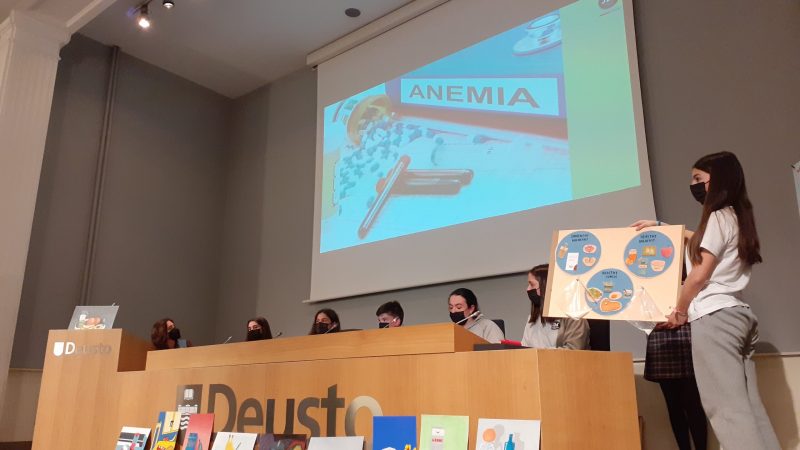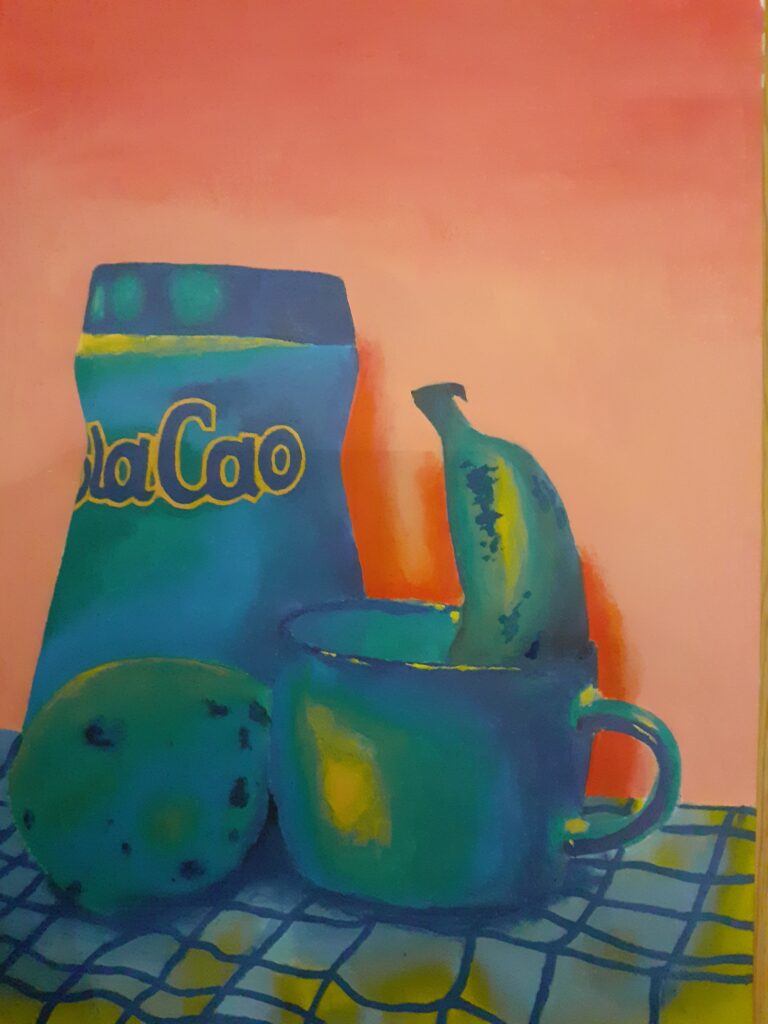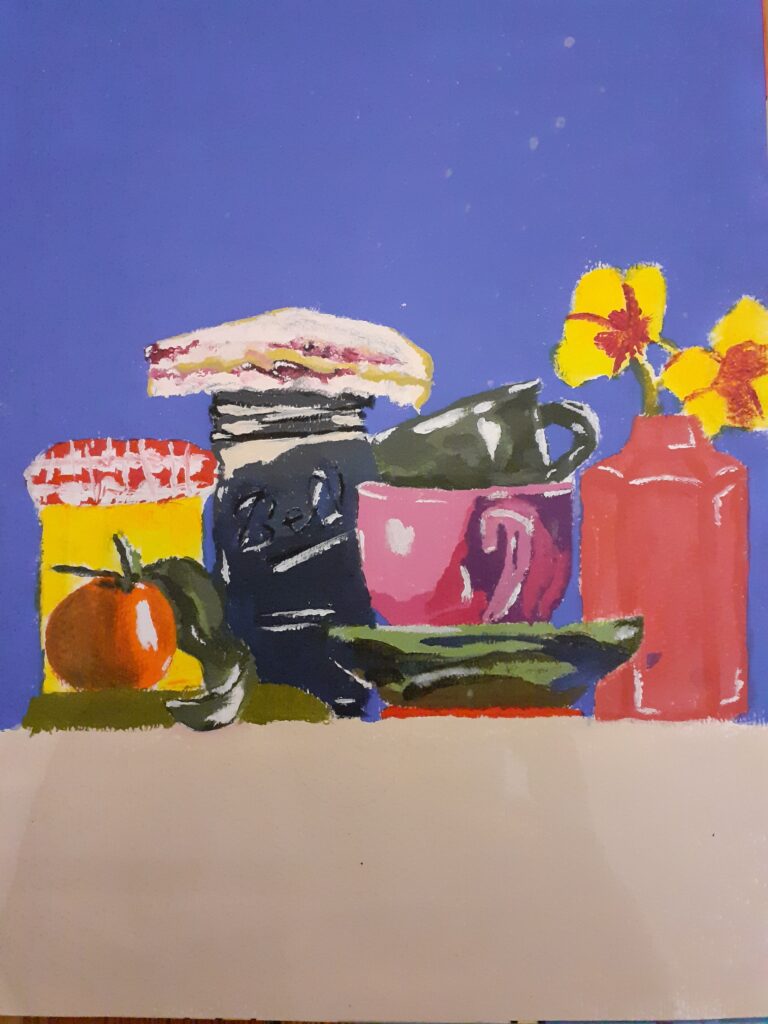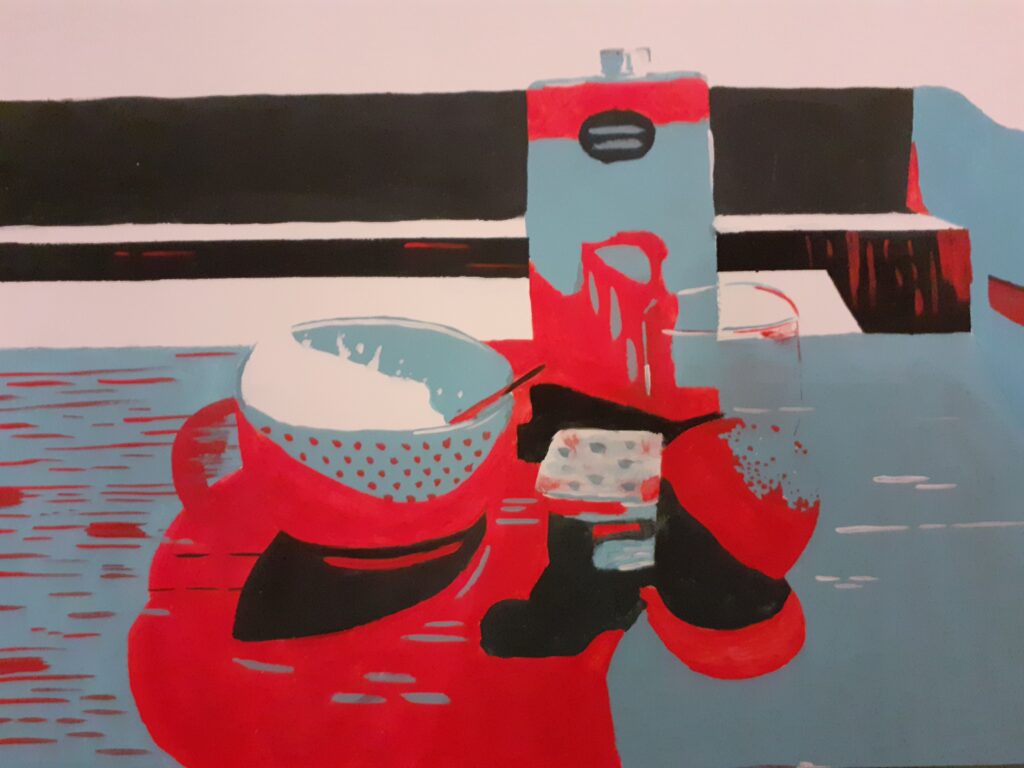Jesús María is a concerted school that has participated in the last phases of the OSOS project and therefore has already some previous experience in the open schooling methodology.
Jesús María School approached the project from the point of view of nutrition, to tackle the problem from the composition of food, the caloric weight of food, etc., and also had a clear STEAM approach, creating a solution by putting into practice various instrumental skills such as the digital skill.
This school community started its living-lab project after identifying that students do not have good eating habits at breakfast, lunch, and snacks. Jesús Maria School defined the following objectives for the project:
- Assess the amount of sugars taken in breakfast and brunch and find the consequences in our body of a high sugar level diet
- Discover and elaborate healthy alternatives for their menus.
- Make our community know the results of our research and get them involved in the healthy alternatives elaboration process.
50 students of 14-15 years old and 2 teachers were involved, and they collaborated with a team of nutritionists who they met at an event for schools and agents of the food sector. From there, they started to develop the prototype according to the SALL project phases.
After months of work, the actors of the project could give an overview of their insights.
The team of teachers at Jesús María has been very involved in the project since its beginning. They have perfectly understood the methodology of living laboratories. The teachers’ initial interest was in designing a STEAM project and now they are much more focused on designing STEAM projects but with a real impact on their community. They have observed that collaboration with local stakeholders makes students more empowered and motivated, which has a significant impact on their learning. The team of teachers, in view of the good response from the students, is already working on defining another new project using the SALL methodology and focusing on a different topic of the food system.
The school management is satisfied with the project and therefore continues to support teachers in implementing the methodology in more groups of students and involving more teachers.
The students have expressed their satisfaction with the project, with the methodology and with the topic and the problem chosen. Among the students’ comments, the following stand out:
“It is interesting because we are working on problems that are close to us and that we know well”
“It is more interesting than learning the contents of the book”
“I liked being able to create a solution with my knowledge”
Contact
Iratxe Menchaca Sierra
National coordinator – University of Deusto
Mail
School website




